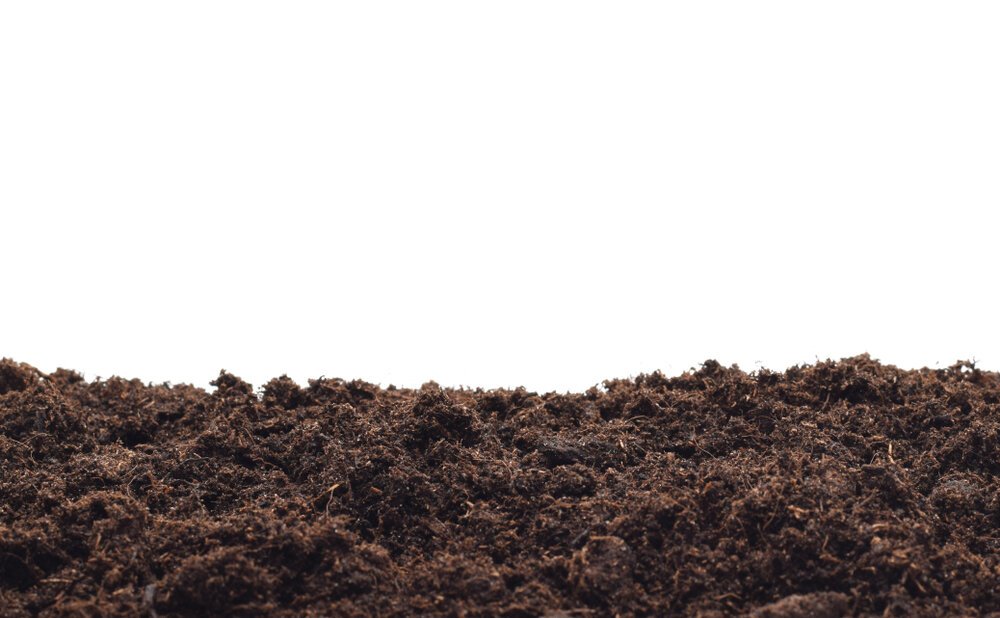Why Soil Type Matters in Foundation Repair?
There are foundations for all homes and buildings. The type of foundation chosen is important for the safety and stability of the house or building, but something else has to be taken into account: the type of soil that supports the foundation. The ground and the foundation support a building together. Here's what you need to know about the ground type.
Why Is The Type of Soil Important?
You can have the best and most robust foundation, but if the land is not strong enough to support it, it cannot work effectively. Each soil type has its advantages, disadvantages and special needs. These can depend on where you live, the building's size and the soil's properties. Let the structural engineer decide what type of foundation would be perfect for you.
Various soil types
There are various types of soils, as mentioned. Small particles are compositions of clay soils, so water is stored properly. When moist and when dry, the clay soil grows and shrinks. This is not ideal for all foundations as a permanent soil move causes pressure to the base. The base moves up, down, side by side and is damaged in time. There are large particles in sand and gravel soils. Large particles mean that the soil does not contain as much good humidity. If this type of soil is moist and well compacted, it sticks well together and supports the foundation as required.
These greater particles, which can unfortunately be washed away leaving gaps in the soil beneath the foundation, can lose their friction when it gets moist. The foundation remains stable by a floor containing sand and/or gravel and is well compacted. Loam is a different kind of soil. Loam soil, which contains clay, silt, and sand, is perfect. This combination ensures a more balanced humidity that is best suited to support a base. Rock soils with a large capacity for carry, including calyx, granite, shell or sandstone.
The Significance of Compact Soil
While the first 16" is the most important in this example you can easily see how weak or sandy soil has a slightly deeper effect on how it settles down. It is, therefore, important to ensure that before building a foundation, the ground is thoroughly compacted. It is probably a good idea to consult a technician before continuing to go when you find clay, soft land or sandy soil anywhere on your property during excavation.
Additional Details
While the quality and density of the soil behind your foundations is one of the main issues before your foundation is built, it is far from the only.
Here are a couple of other factors:
Footing Dimensions: The broader the footing, the more the weight of the house will be spread into the ground. You can have greater stability with larger bases.
Foot Placing: the position of the foot off-center could cause wall problems, since the weight is not evenly distributed. The structure will also be subject to undue stress.
Soil Water: Water can be a big red flag when digging into the soil, so please consult an engineer if you encounter any during your foundation excavation. To achieve greater stability, you may have to fill in the form floor and compact them into the bowl.
You want your home to stabilize as much as you can, but Mother Nature does not always work together. Before laying the foundation for your home, keep these points in mind, and you can avoid severe problems later. Hire Ramjack for structural engineer in OKC. We would do the foundation of your house in the most suitable way.

